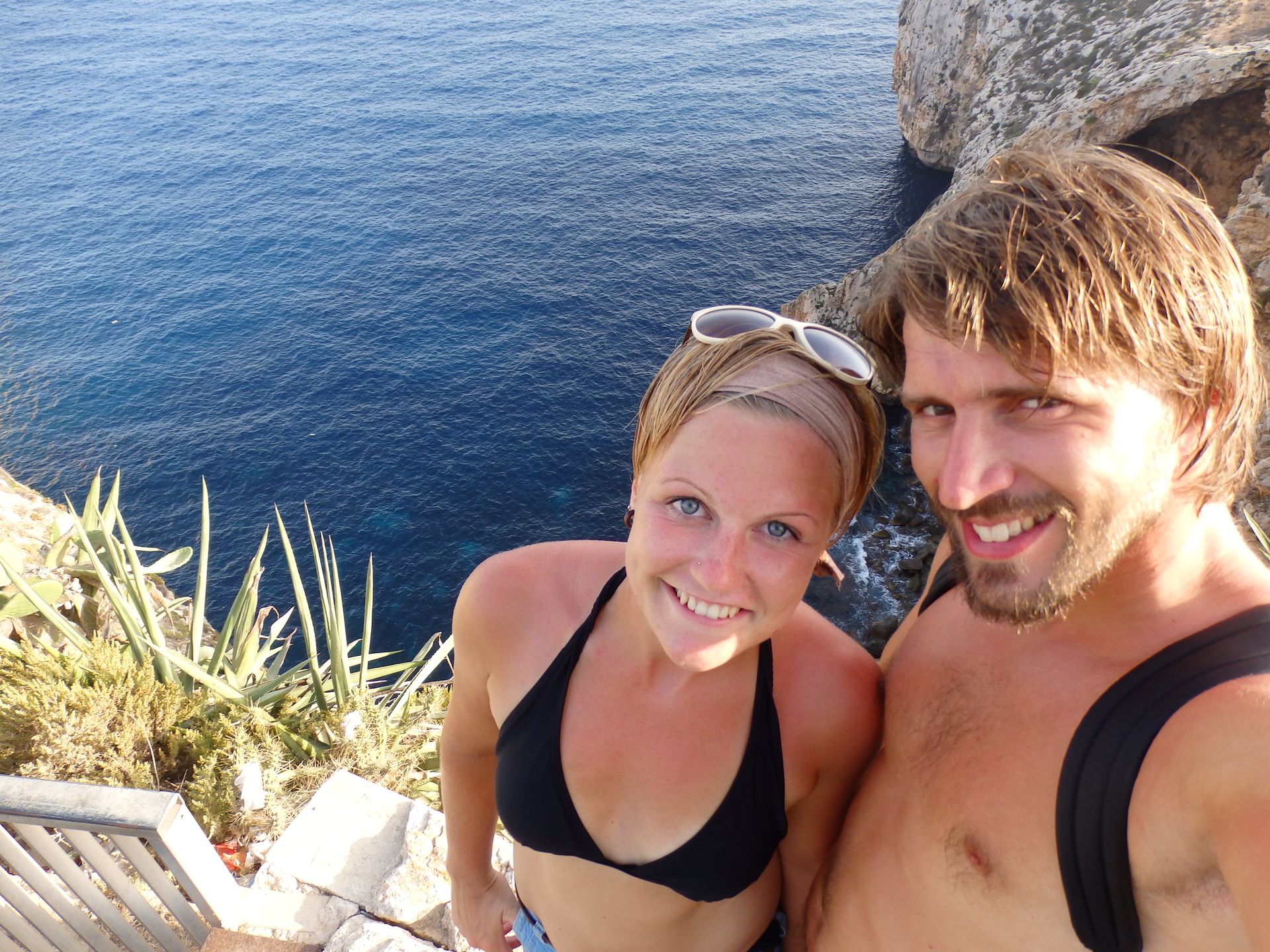Our brilliant tour through the Colca Canyon
Ippubblikat: 29.03.2019
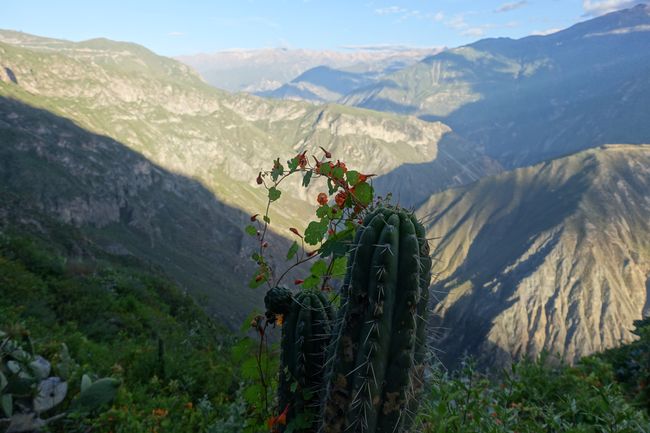
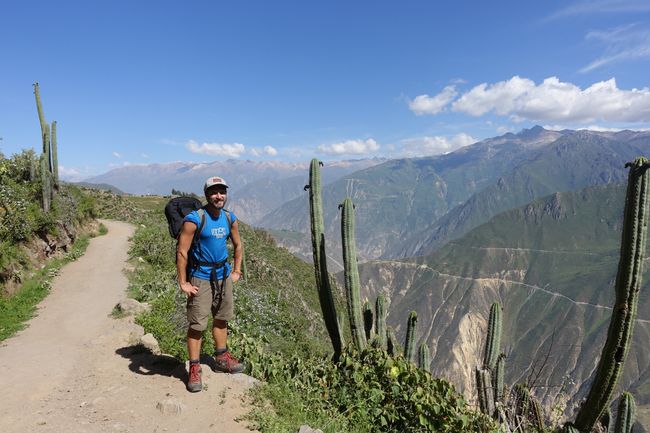
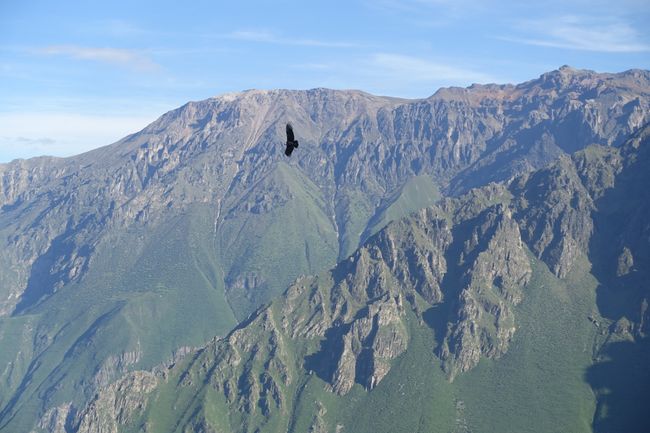
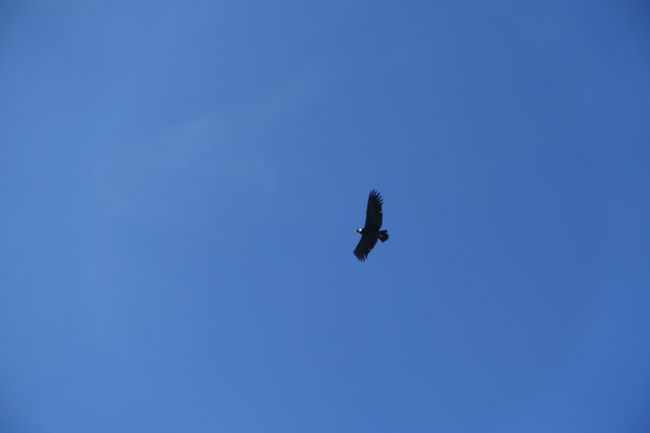
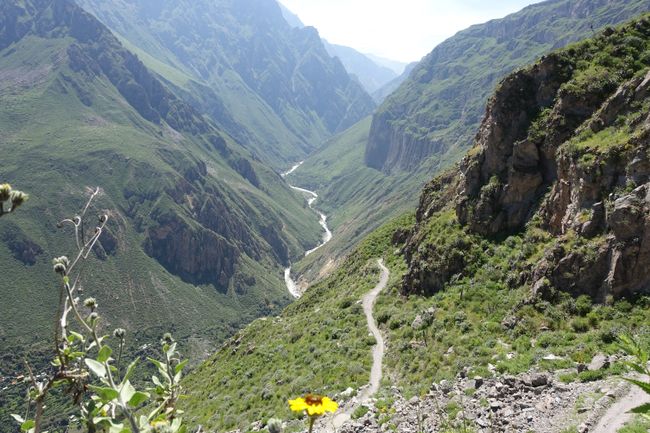
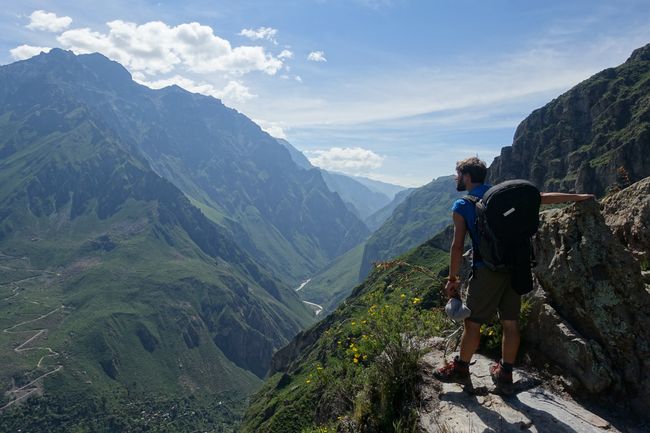
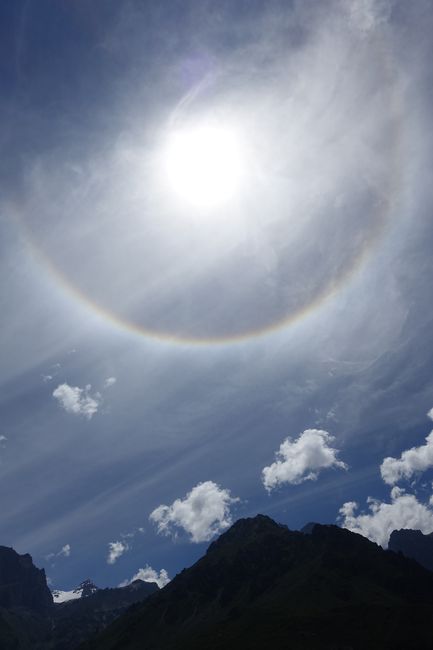
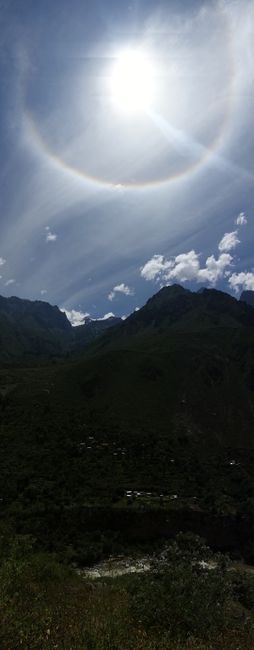
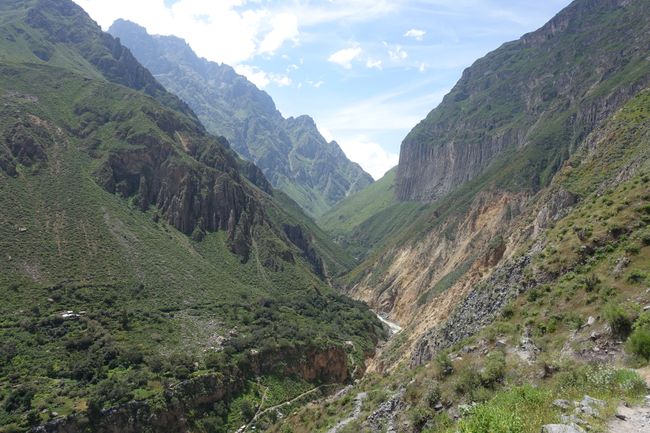
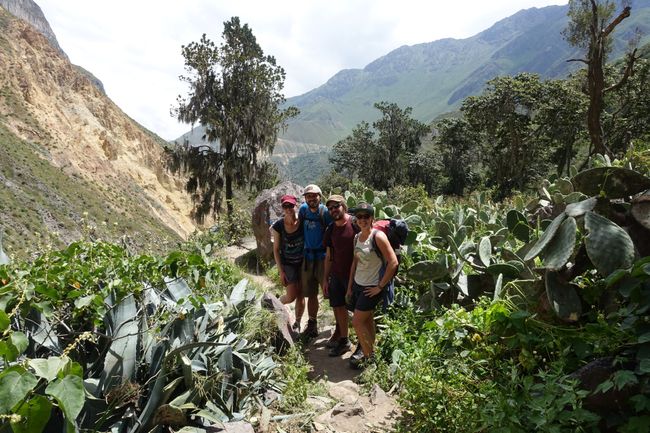
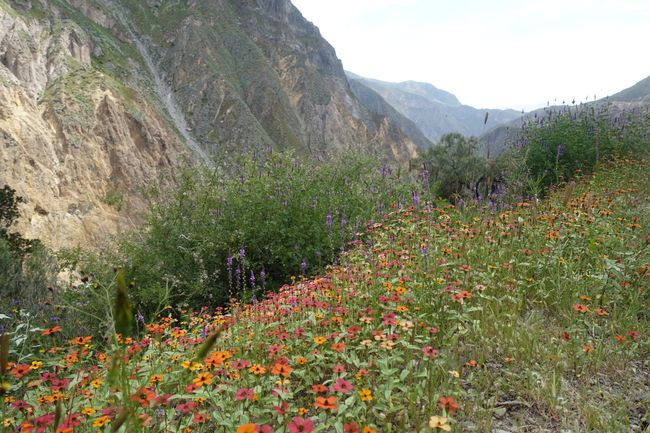
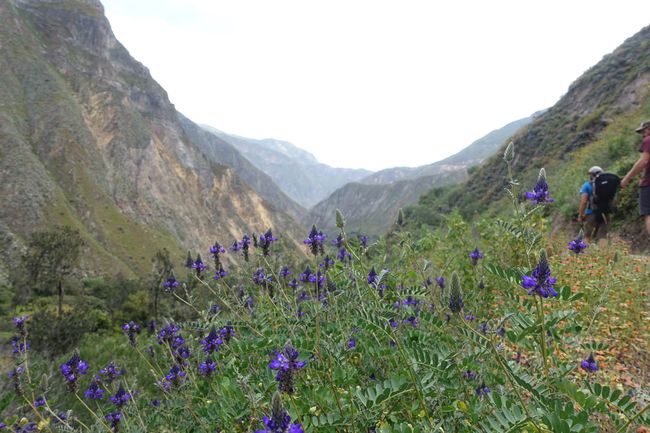
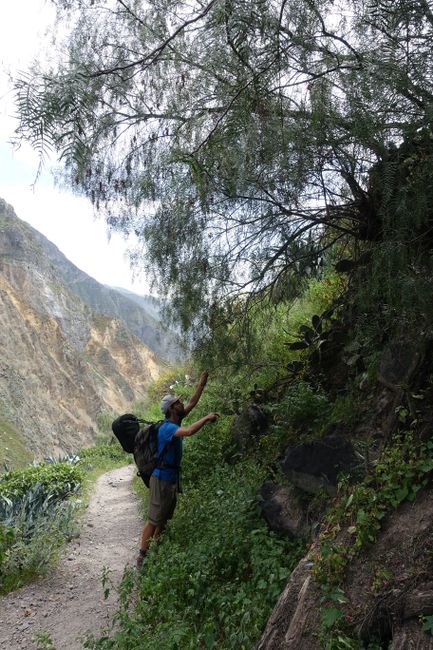
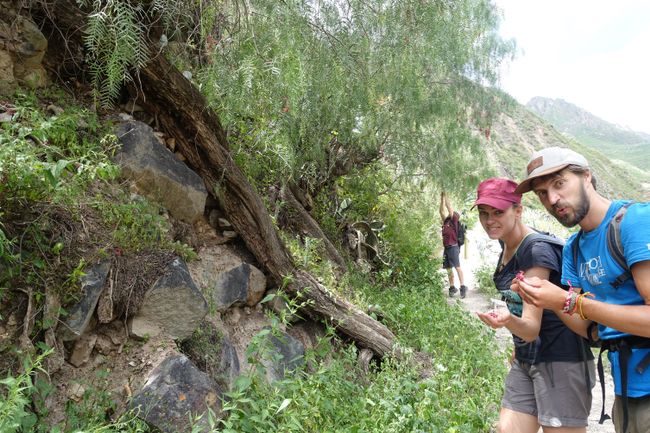
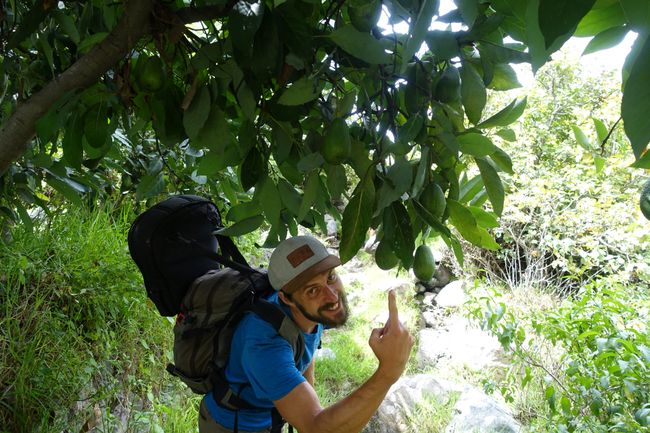
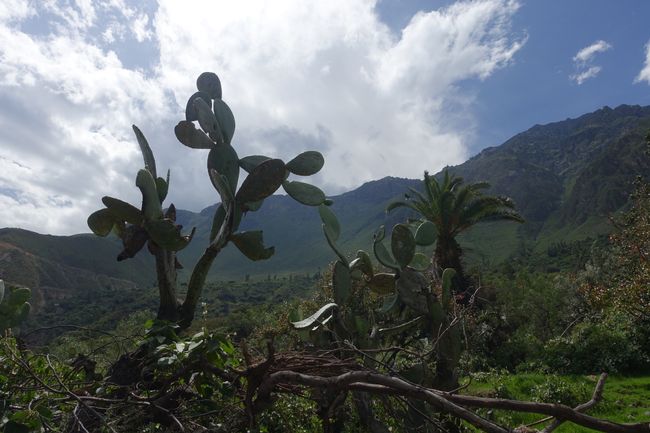
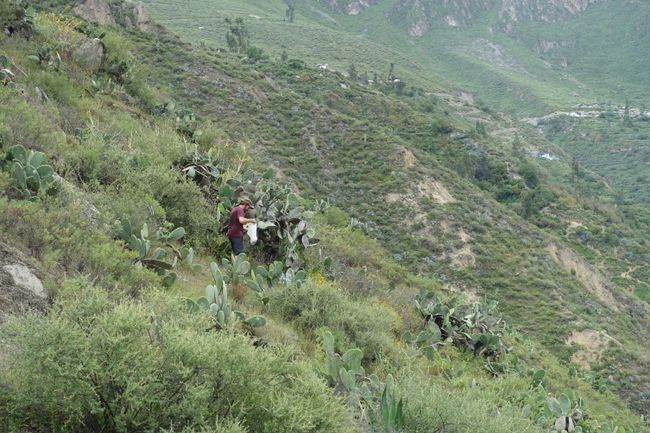
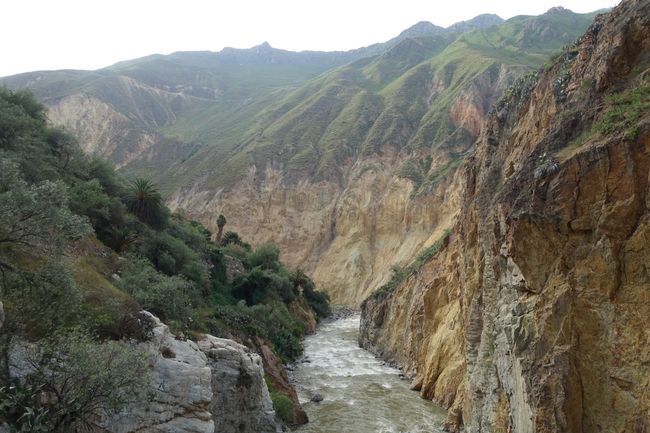
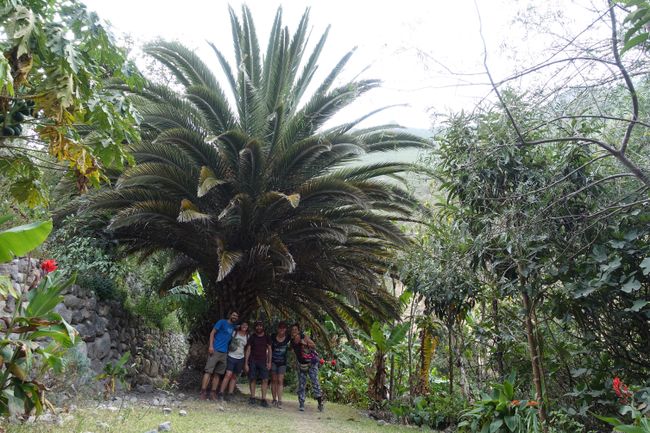
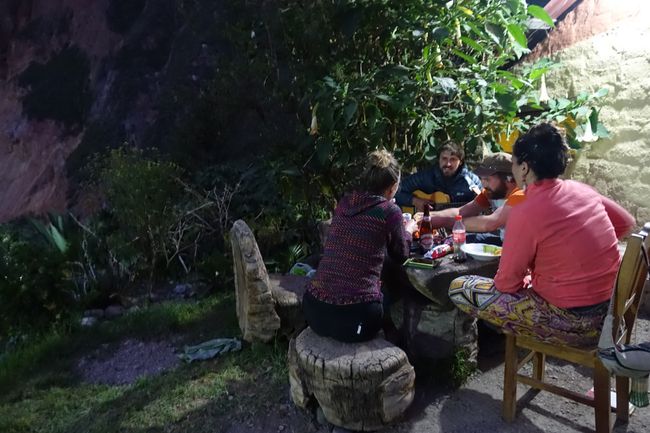
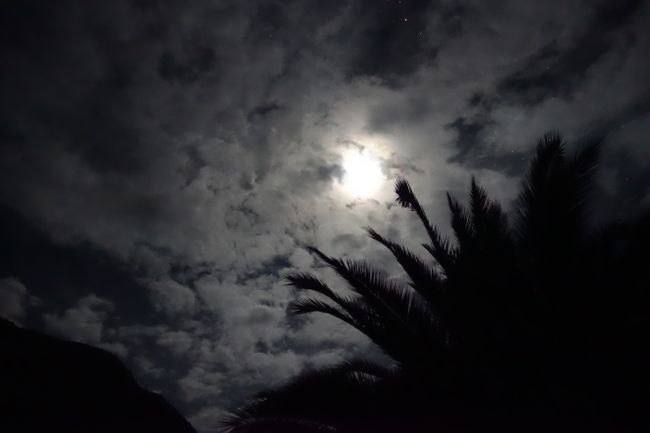
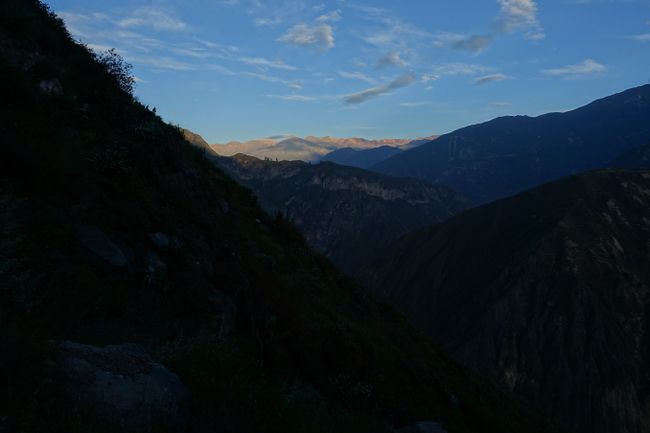
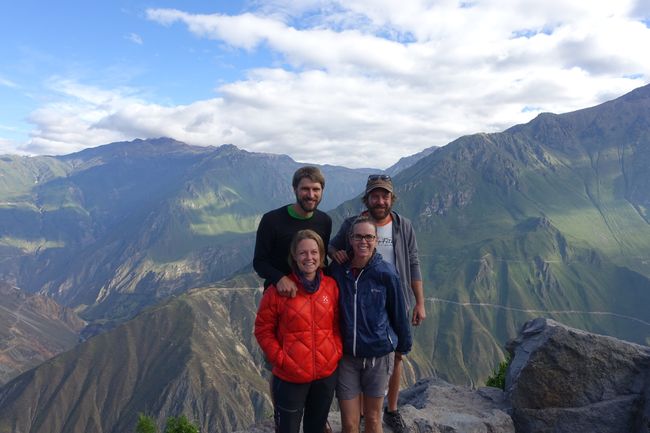
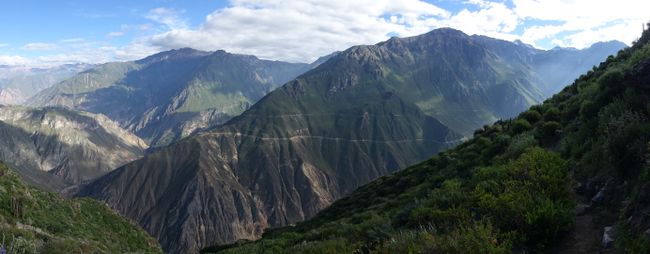
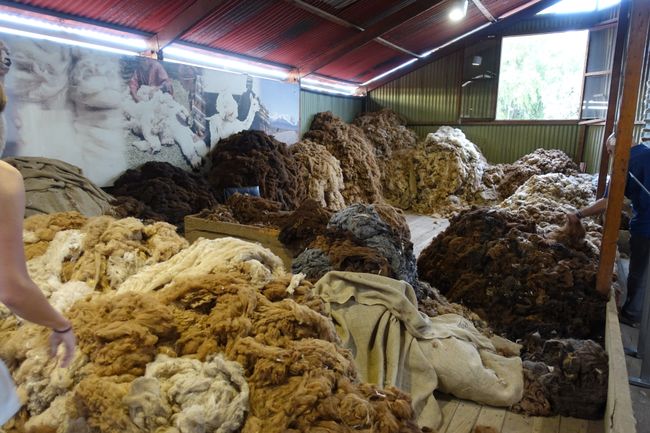
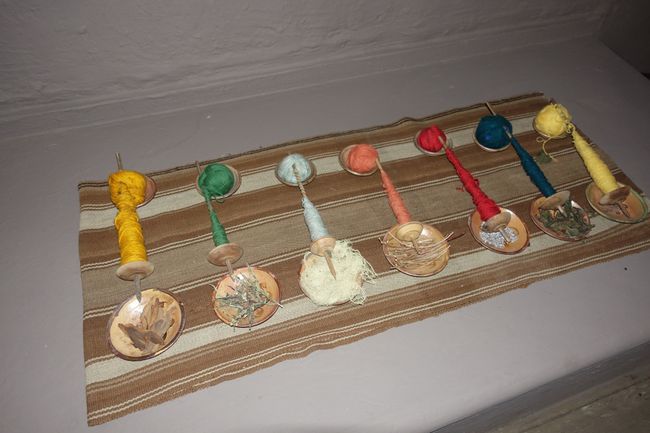
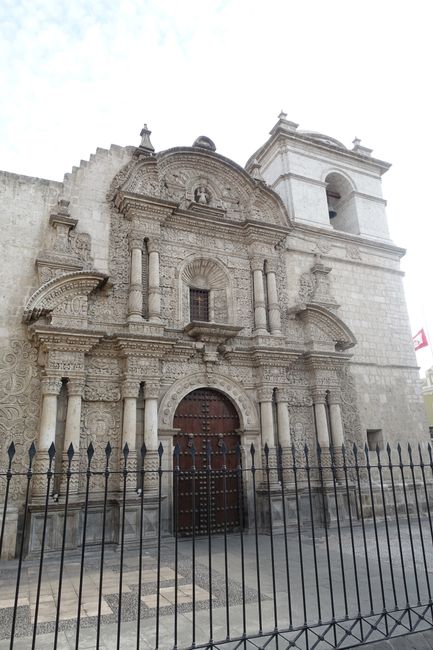
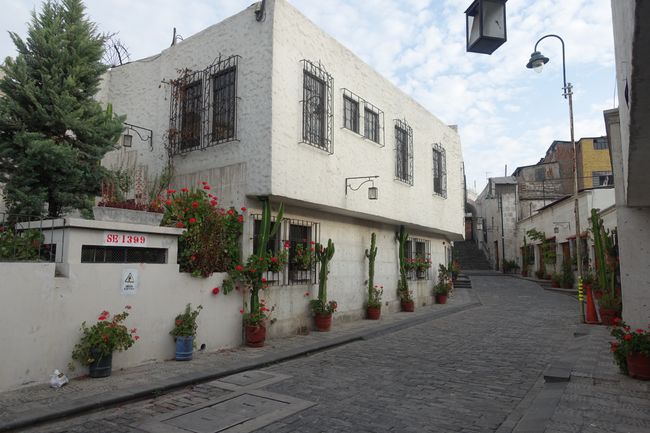
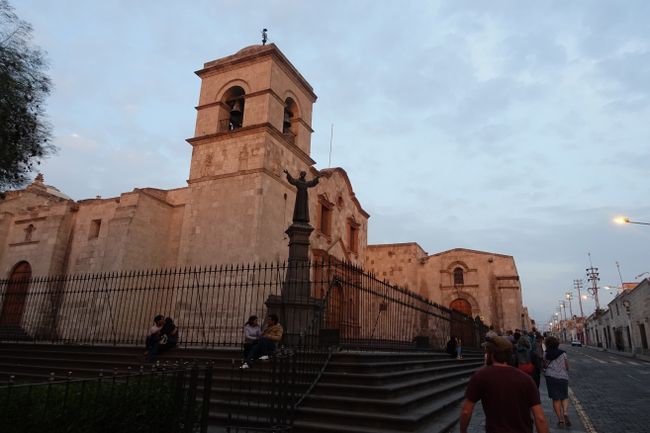
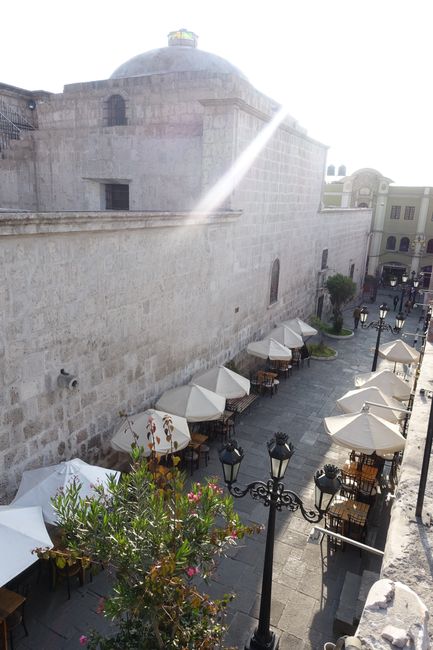
Abbona għan-Newsletter
Shortly after arriving in Arequipa, we met Iris and Matthias from Austria during a city tour of the "white city" in Peru. Like us, they wanted to do the tour through the Colca Canyon without a mountain guide. We quickly made a plan and sorted out the logistics, and then the four of us were ready to go!
At three o'clock in the morning, after having strengthened ourselves together in one of the numerous Picanterías with the abundant and very delicious dishes of the city the day before, we set off. First to the "Mirador del Condor" to see the Condors, the famous birds of the Andes, fly. As if they knew that all the visitors at the viewpoint were here because of them, the large birds circled in the air and presented the tremendous span of their wings as they gracefully floated over the canyon. The Condor was one of the three sacred animals of the Incas. According to legend, the gracefully flying birds maintained contact between the gods and humans, while the snakes that lived on the ground enabled communication with the deceased ancestors. The Puma, as the third sacred animal, symbolized the earthly life of humans with all its problems and challenges. After seeing the show of the birds, we can now understand why the Incas revered the Andean Condor as one of their three sacred animals.
A short time later, we had already strapped on our backpacks and started walking downhill on the south side of the canyon. The steep path is rocky to sandy, with larger rocks forming a few steps and it is very dry. Tall cacti and colorful flowering succulents alternate with red to yellow rock formations that we walk along. After about two hours of steep downhill hiking, we already crossed the river in the valley, and after a short ascent, we were already sitting in a small village eating a hearty vegetable soup, which would give us strength for the remaining six hours of walking to the oasis.
The vegetation on the north side of the canyon was completely different from the south side. We hiked among huge avocado trees, passed pomegranate trees, figs, corn, countless cacti, and our personal highlight: pink pepper, or so we thought. After consulting with a local woman we met on the trail, it turned out that it wasn't actually pepper, but a spice used to season the traditional Chicha Morada, a fermented drink made from maize. Somewhat disappointed, we emptied our pockets, which we thought were filled with pepper, and instead collected pomegranates, avocados, and lots of cactus fruit.
After a few hours of gentle but steady uphill hiking in this fabulously beautiful area, we caught our first glimpse of the green oasis in the middle of the canyon by the rushing river, with the swimming pools of the hostels shining blue. Since we were traveling with fellow countrymen who appreciate the quality of a summit beer, we enjoyed one while taking in this magnificent view, before embarking on the final stretch to the accommodation, passing a bright green waterfall and then throwing ourselves into the pool.
In the evening, we had a great time with the Austrians: After a self-prepared dinner consisting of guacamole and the aforementioned self-harvested fruit salad, Johnny, armed with his guitar, was in his element, performing the best of Austrian pop music with our new friends. So many songs by Austria 3, STS, and Co. were sung in the Colca Canyon like never before... Singing and laughing, we had a very successful evening as a perfect end to another fulfilling day.
But the next day, at five o'clock in the morning, we were already on our way again to ascend the south side of the canyon before the hot sunrays hit. Initially with headlamps, but soon only in the bright glow of the moon, we climbed the 1200 meters in height, while the sun rose next to us and bathed the rugged rocks of the canyon in golden light, which sweetened the strenuous ascent for us. When we reached the top, we were rewarded with coffee and avocado toast, before we said goodbye to the Colca Canyon by singing and playing the guitar and harmonica.
Abbona għan-Newsletter
Tweġiba
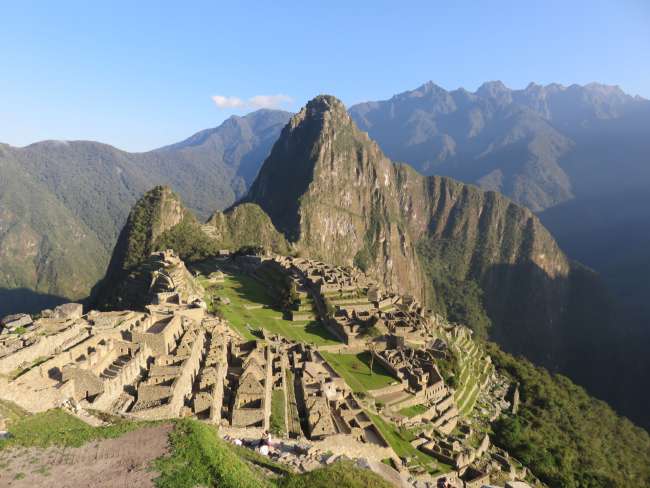
Rapporti tal-ivvjaġġar Peru
